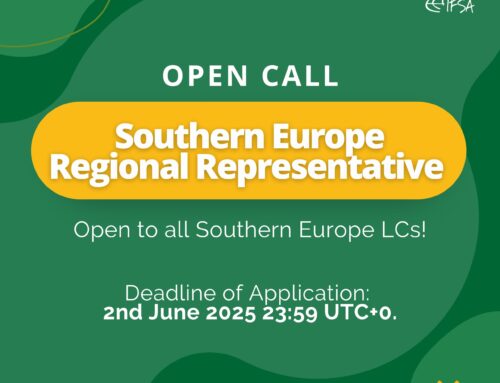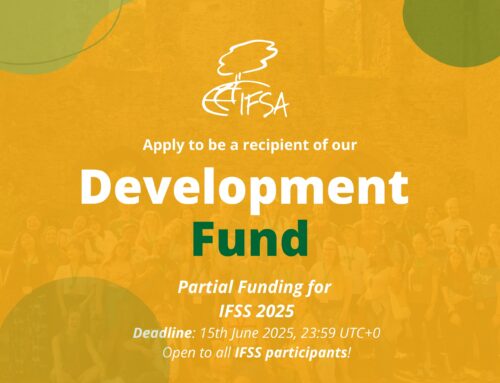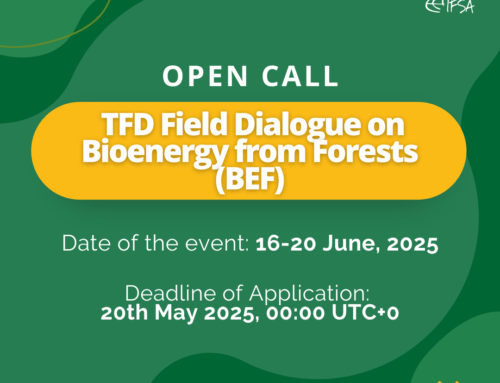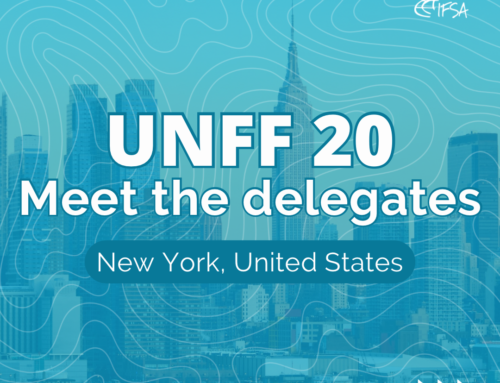2nd World Conference on Forests for Public Health
Don’t miss the opportunity to get the voucher for free participation!
Background
The COVID-19 pandemic has brought unprecedented challenges with profound impact on public health systems and economies of local and global communities. The disease has directly or indirectly affected the lives of all people in urban settings, but also in rural communities where resources (e.g. hospitals, quarantine units, PPEs) for fighting the disease are already limited. As a global society, the world is now more concerned and conscious about our health and well-being than ever before.
COVID-19 and similar viral diseases (e.g. Ebola, anthrax) have reminded us that human health is closely intertwined with the health and well-being of our environment and the animals living in it, and that changing our lifestyles and the way humans engage with nature is the promising way forward to achieve the health of all as one (“One Health”). This is proven to be one of the reliable approaches to make the world a safer place and to guarantee the welfare of people.
Being a major component of our environment, forests play a central role in the One Health approach. Forests provide benefits that are crucial to different aspects of human welfare, including physical, mental and spiritual health; food security; and protection against many diseases. Recent thinking has drawn close links between deforestation and forest degradation on one hand, and emerging zoonoses on the other.
In addition, the recent rapid urbanization has caused a new set of challenges. Sedentary lifestyle with calorie-rich food consumption habits are common to be witnessed among urban dwellers and in industrialized societies. Studies have shown that the changing lifestyle coupled with stresses of modern life lead to a wide range of physical and mental health problems. As well, the deterioration of the urban environment with many health risk factors, such as air pollution increased fine dust, and urban heat island effect, result in increased environmental diseases.
Against this backdrop, interest in psychological and physiological healing effects of natural environments such as forests on humans has recently been increasing based on the relationship between forests and humans. In addition, a new industry is being created that effectively provides a forest environment for urban people, and the scale is expected to increase in proportion to the increase in urbanization every year.
Furthermore, capitalizing on these benefits in collaboration with other sectors (e.g. forest therapy, forest tourism) could offer greater income generation opportunities at national, regional and global levels. As part of the one health agenda a ‘Forest Welfare’ concept (which include forests, human health and wellbeing) is proposed as a unique model framework to improve the health benefits from forests. For instance, it is established that forest exposure and experience significantly contribute to reducing stress, and has therapeutic value for people with chronic and acute diseases. Through the forest welfare concept, a range of health and other human welfare benefits from forests are yet to be fully explored and enhanced in many countries.
In order to fully unlock the wide range of health benefits from forests, a multi sectoral platform that brings together key public and private sectors including forestry, health, culture and other relevant sectors is an essential prerequisite. This platform will provide the opportunity to share knowledge and experiences, identify key challenges and opportunities, and share global perspectives on the ways forward.
The 2nd International Conference is an attempt at building such a platform. The conference is being organized by the Korea Forest Welfare Institute and Korea Forest Therapy Forum in collaboration with the Food and Agriculture Organization of the UN (FAO), the International Union of Forest Research Organizations (IUFRO), the Asian Forest Cooperation Organization (AFOCO), and the Korea Forest Service(KFS).
For free participation
To get the voucher for free participation you need to register by the following link, deadline is 26 July: https://forms.gle/7jq5Mw6RCUuxKXb18
After getting a free voucher please don’t forget to register for the conference and submit your abstract until 31 July: https://fphcongress.org/registration/
For more information and the requirements for the abstract please follow the link: https://fphcongress.org/





